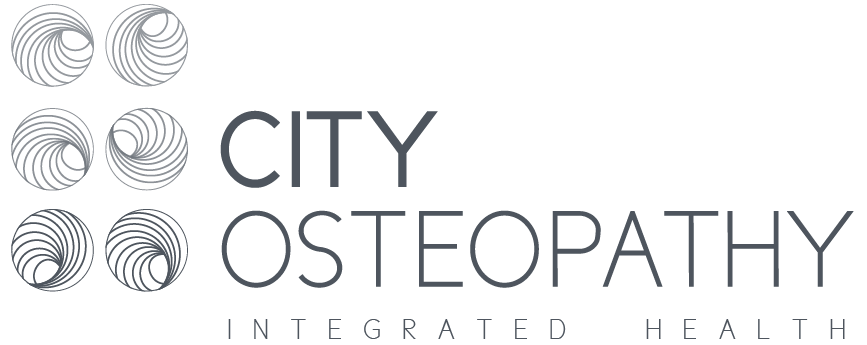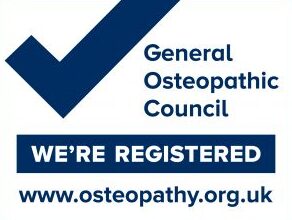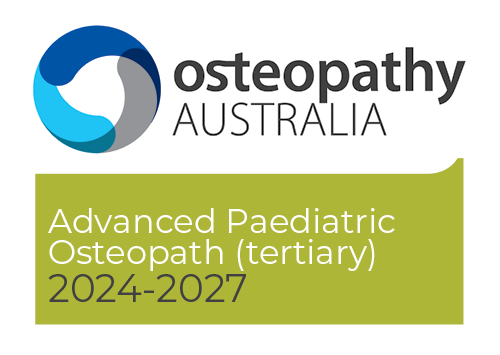Understanding PTSD and Its Impact on the Body: Insights from the Bandon Seminar

Bandon, Oregon
July 26-29
Gaining Deeper Insights into Patient Care Through Specialised Training
One of our team members recently attended a seminar in Bandon, Oregon, focused on deepening our understanding of PTSD and its physiological impact. The seminar provided an intensive look at how PTSD influences neurophysiology and the musculoskeletal system, offering valuable insights that can help us better understand and support our patients.
Exploring the Connection Between PTSD and the Body’s Stress Response
This four-day seminar explored the effects of PTSD on the body’s systems, particularly focusing on the hypothalamic-pituitary-adrenal (HPA) axis and its role in stress regulation.
HPA is a communication system between three organs. It’s crucial for our body’s stress management. These endocrine system organs create a feedback loop of hormones to enact and regulate our body’s stress reaction. Chronic exposure to stress stimuli can cause various health issues in our body.
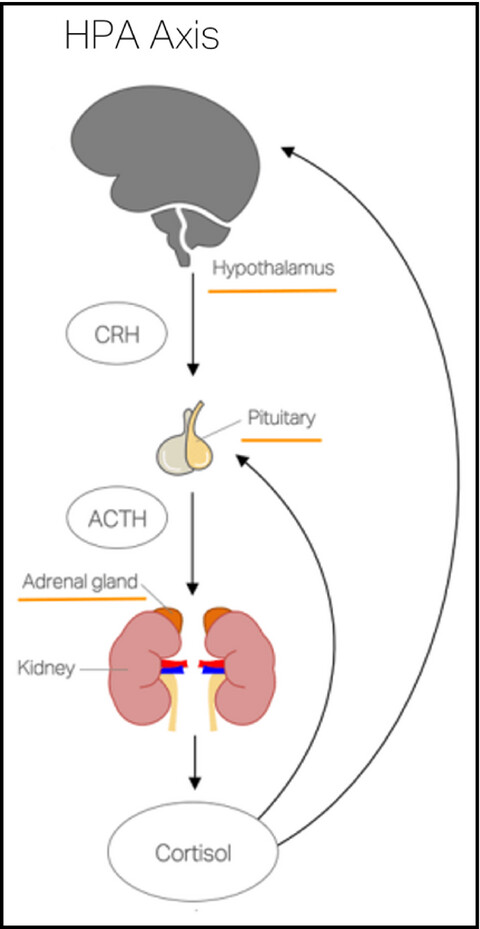
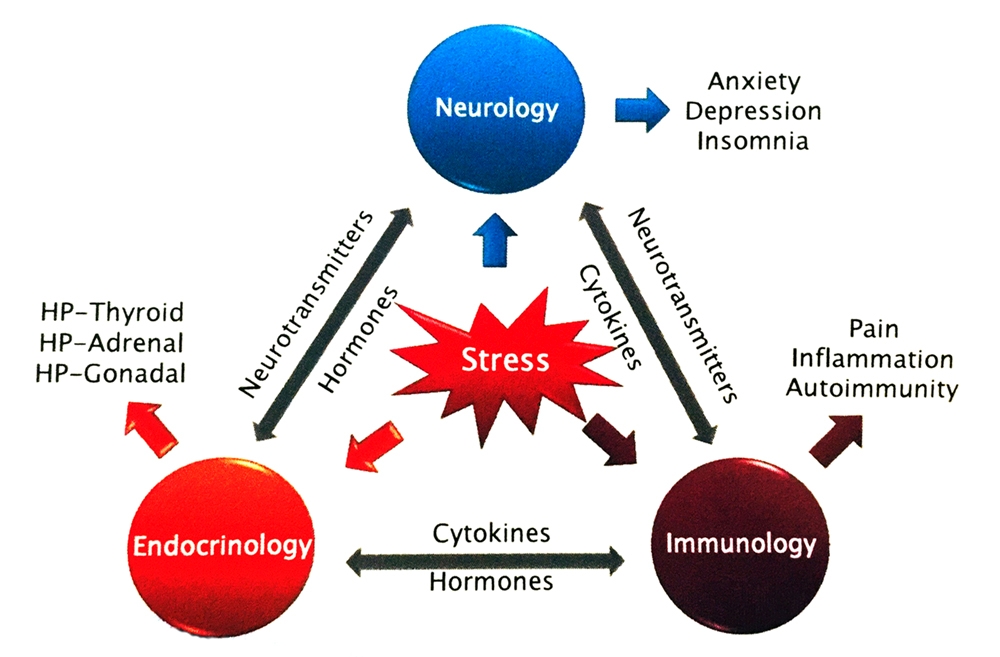
The Mental and Physical Toll of Trauma
Post-traumatic stress disorder (PTSD) is a mental health condition that’s caused by an extremely stressful or terrifying event — either being part of it or witnessing it. Symptoms may include flashbacks, nightmares, severe anxiety and uncontrollable thoughts about the event.
Applying New Knowledge for Improved Patient Care
Attending this seminar allowed our team member to expand their knowledge on the neurophysiological and musculoskeletal impact of PTSD. This understanding equips us to provide more comprehensive care, tailored to the unique needs of patients who may be struggling with trauma-related challenges. Through continuous learning and improvement, we remain committed to offering compassionate, informed support to all our patients.
